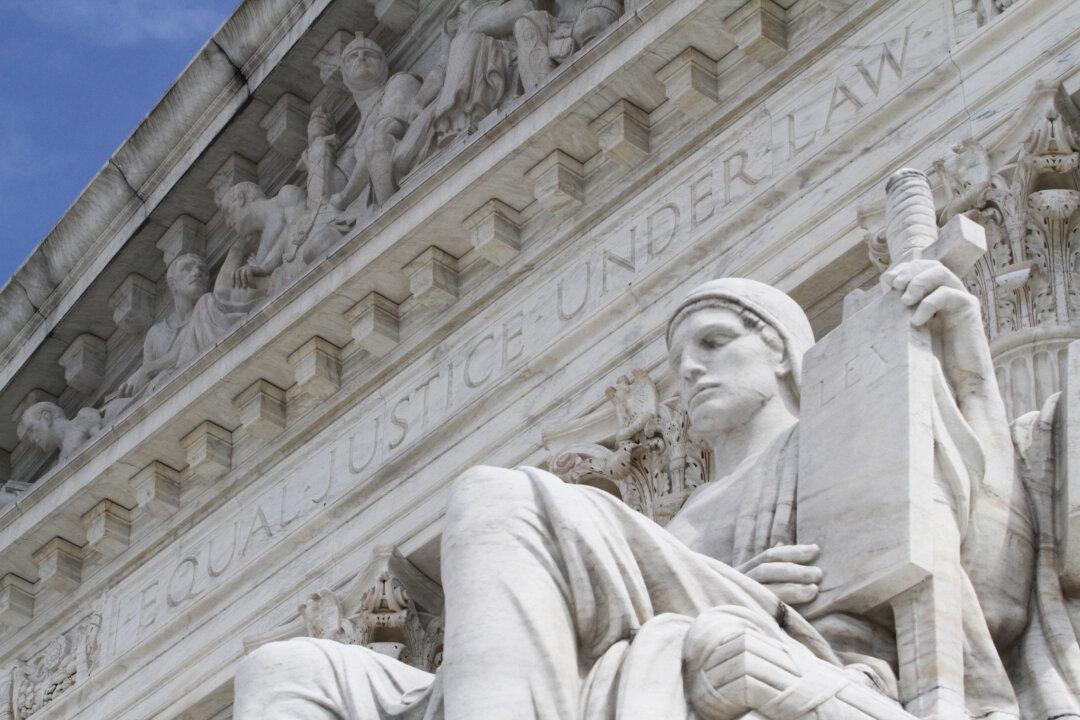A defaulting borrower told the Supreme Court on April 24 that he should be able to sue an Indian tribe based in Wisconsin for allegedly aggressive collection efforts he claims drove him to attempt to take his own life.
In the case, Lac du Flambeau Band of Lake Superior Chippewa Indians v. Coughlin (court file 22-227), the tribe argues that because it enjoys tribal sovereignty it cannot be sued.





